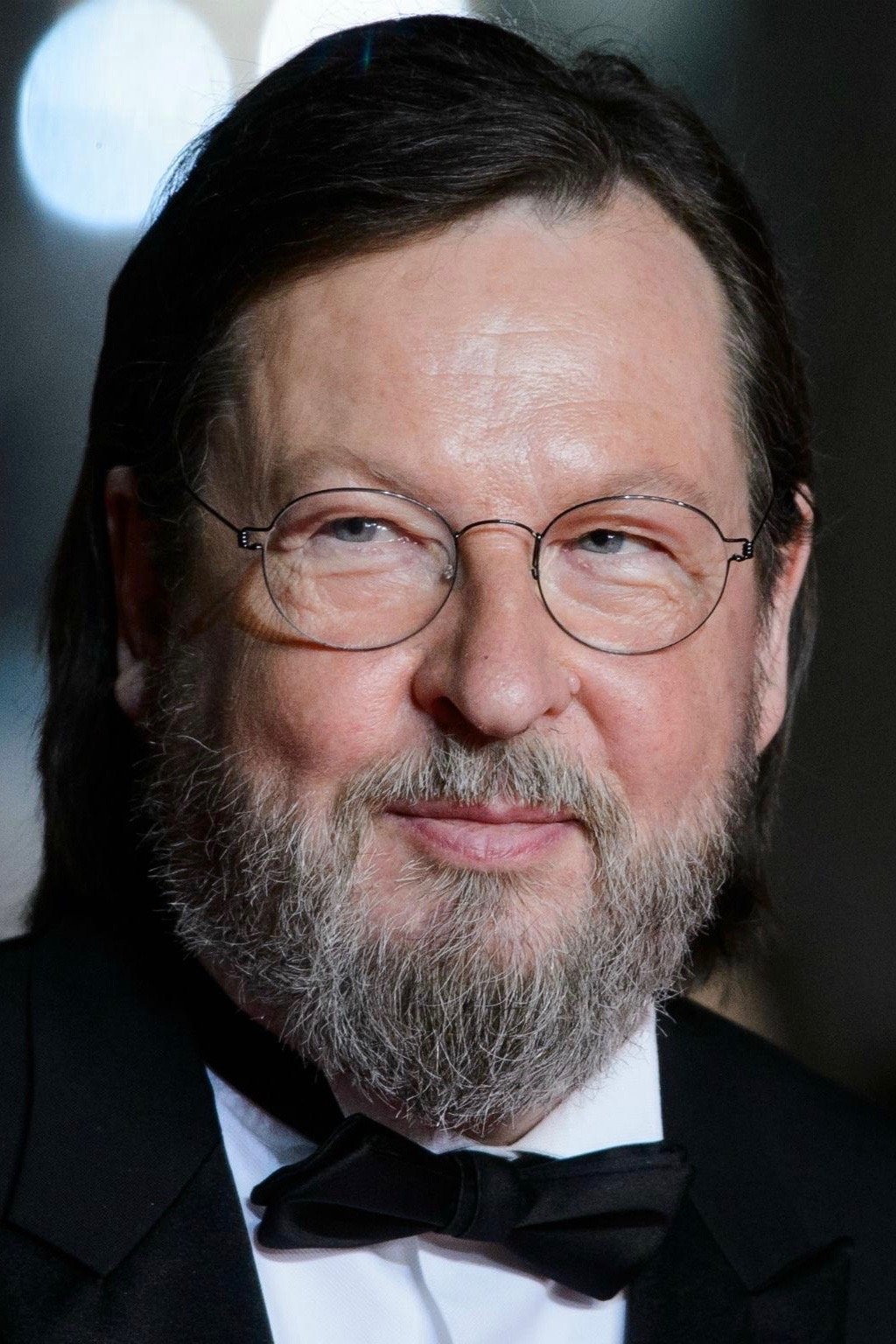
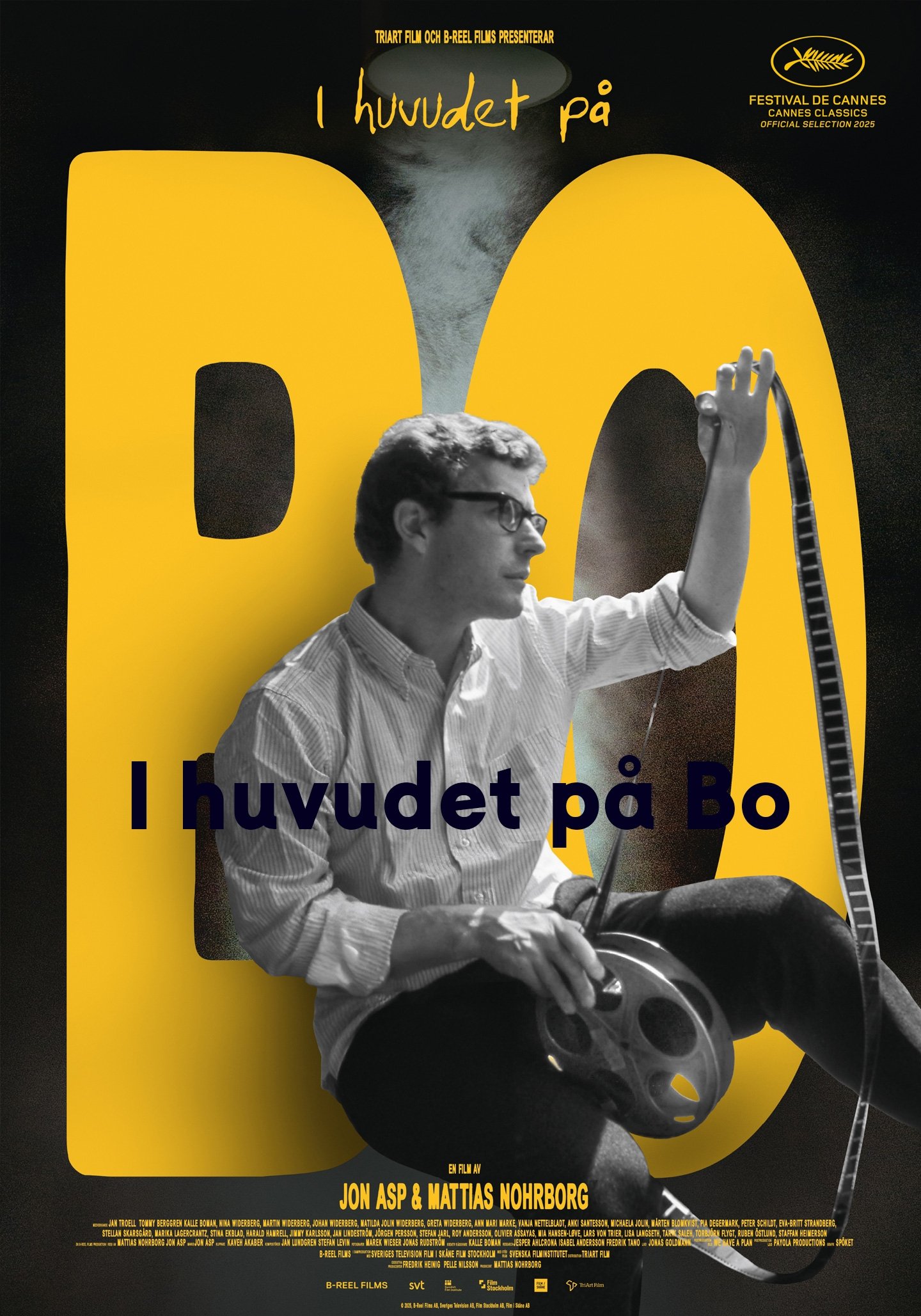
The documentary chronicles Bo Widerberg's journey from 1960s Malmö, where he worked as a writer and film critic, to his successes as a director in Stockholm and international adventures in Cannes and New York. The film also explores the personal costs of his artistic vision and how his pursuit of life and authenticity affected both himself and those around him.
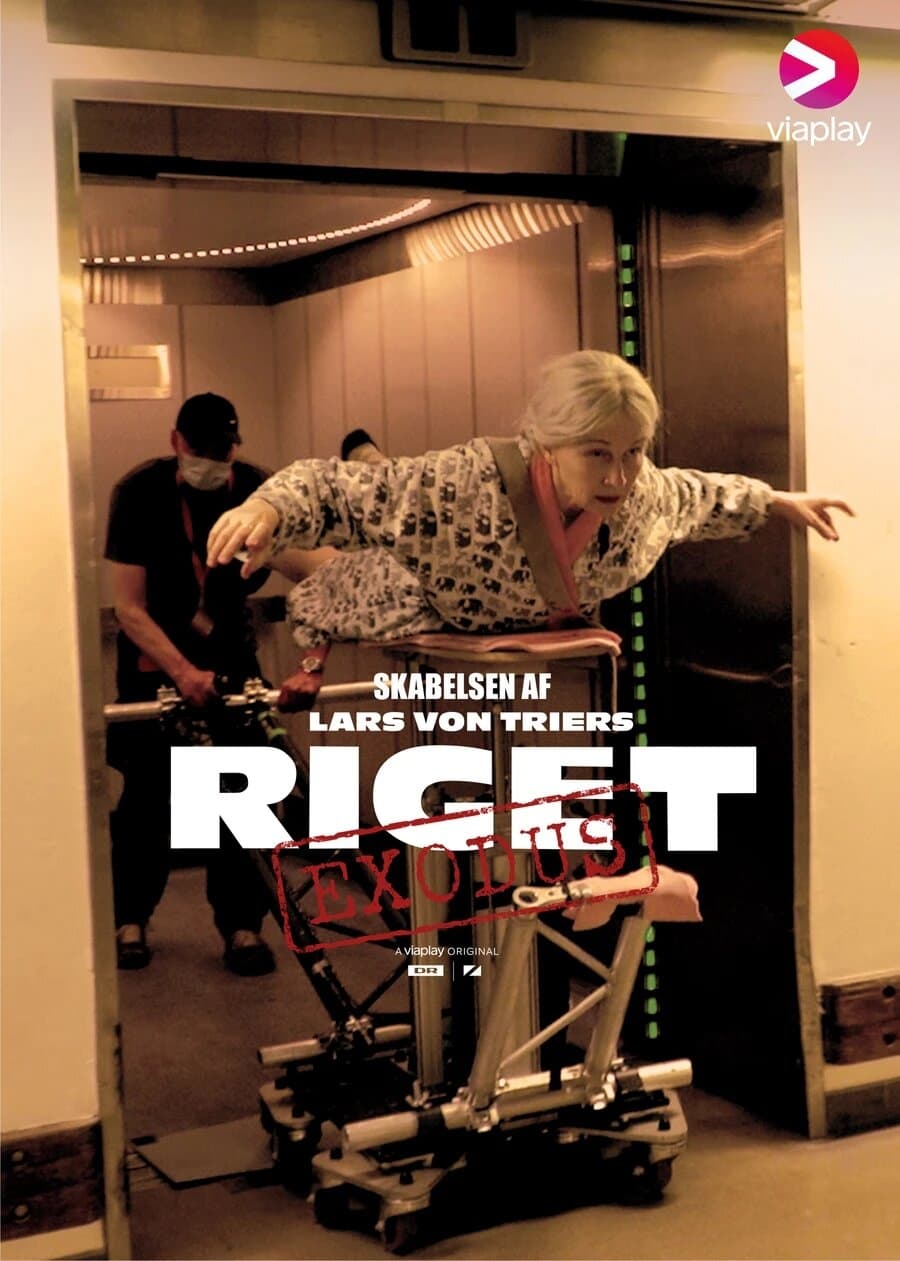
Get an exclusive behind-the-scenes look at the creative challenges Lars von Trier presents his cast and crew to bring his vision to life from script to shoot and to the screen at home.
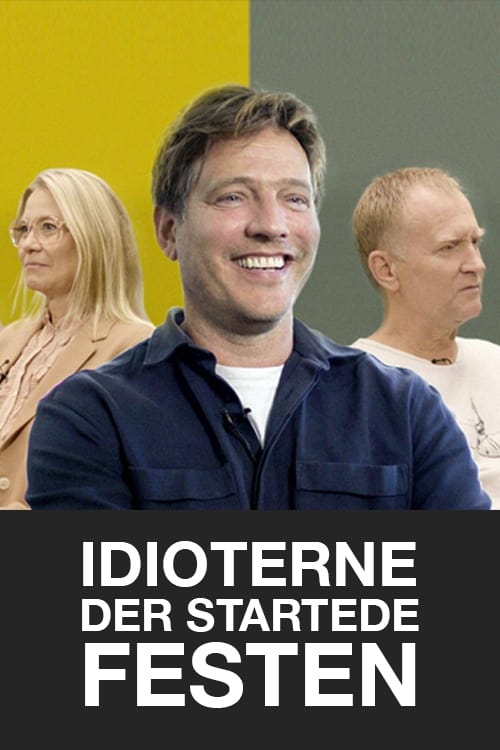
Danish film has never felt stronger on the international stage than it did with the Dogme films, which at the world premiere of 'The Party' and 'The Idiots' during the Cannes Film Festival in 1998 put Denmark on the film world map. Another eight films under the strict Dogme rules followed and created great international careers for several of the talents in front of and behind the handheld camera. Thomas Vinterberg, Søren Kragh-Jacobsen, Paprika Steen, Ulrich Thomsen, Trine Dyrholm, Iben Hjejle, Anders W. Berthelsen, Lone Scherfig, Sonja Richter and many more of the country's greatest filmmakers look back on when Denmark became Dogme.
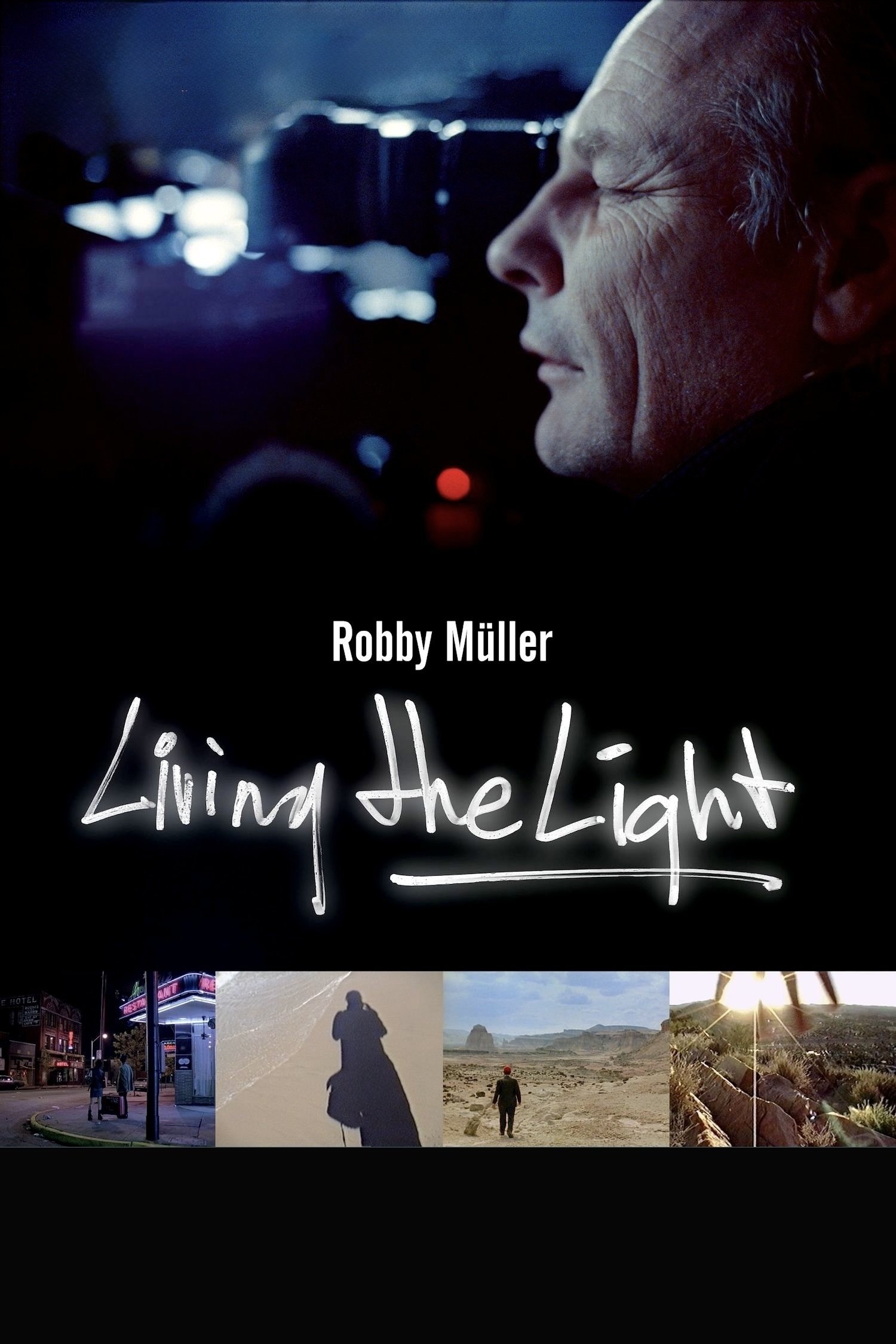
For her extraordinary film essay, Living the Light, Director and Director of Photography Claire Pijman had access to the thousands of Hi8 video diaries, pictures and Polaroids that Müller photographed while he was at work on one of the more than 70 features he shot throughout his career; often with long term collaborators such as Wim Wenders, Jim Jarmusch and Lars von Trier. The film intertwines these images with excerpts of his oeuvre, thus creating a fluid and cinematic continuum. In his score for Living the Light Jim Jarmusch gives this wide raging scale of life and art an additional musical voice.
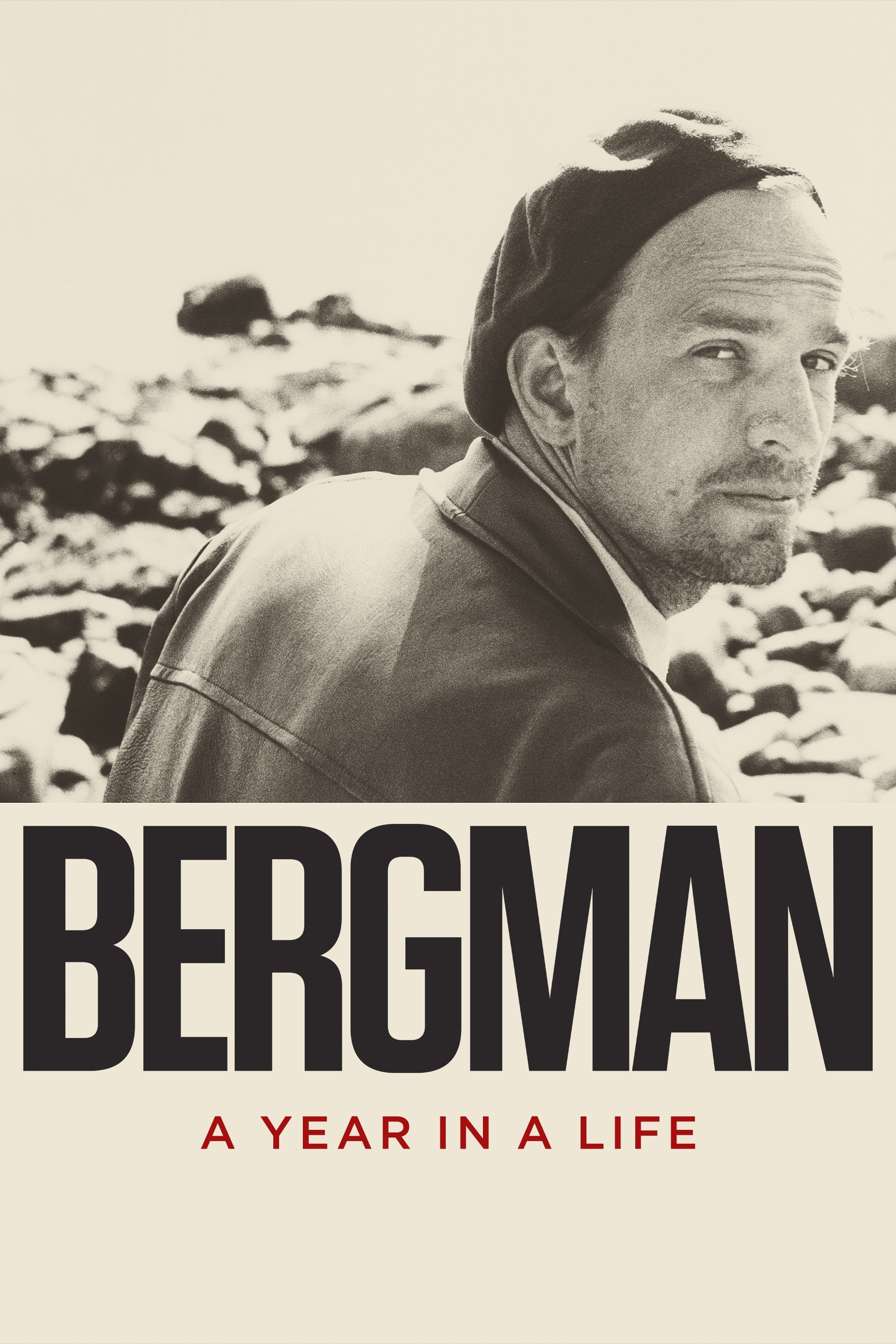
The year 1957 was one of the most prolific for the Swedish filmmaker Ingmar Bergman: he shot two films, released two of his most celebrated films and produced four plays and a TV movie while juggling with a complicated private life.

A nostalgic look at the birth and death of arthouse film distribution in the early 2000s in Russia. The story of the Cinema Without Borders company and its two founders, Sam Klebanov and Anton Mazurov.
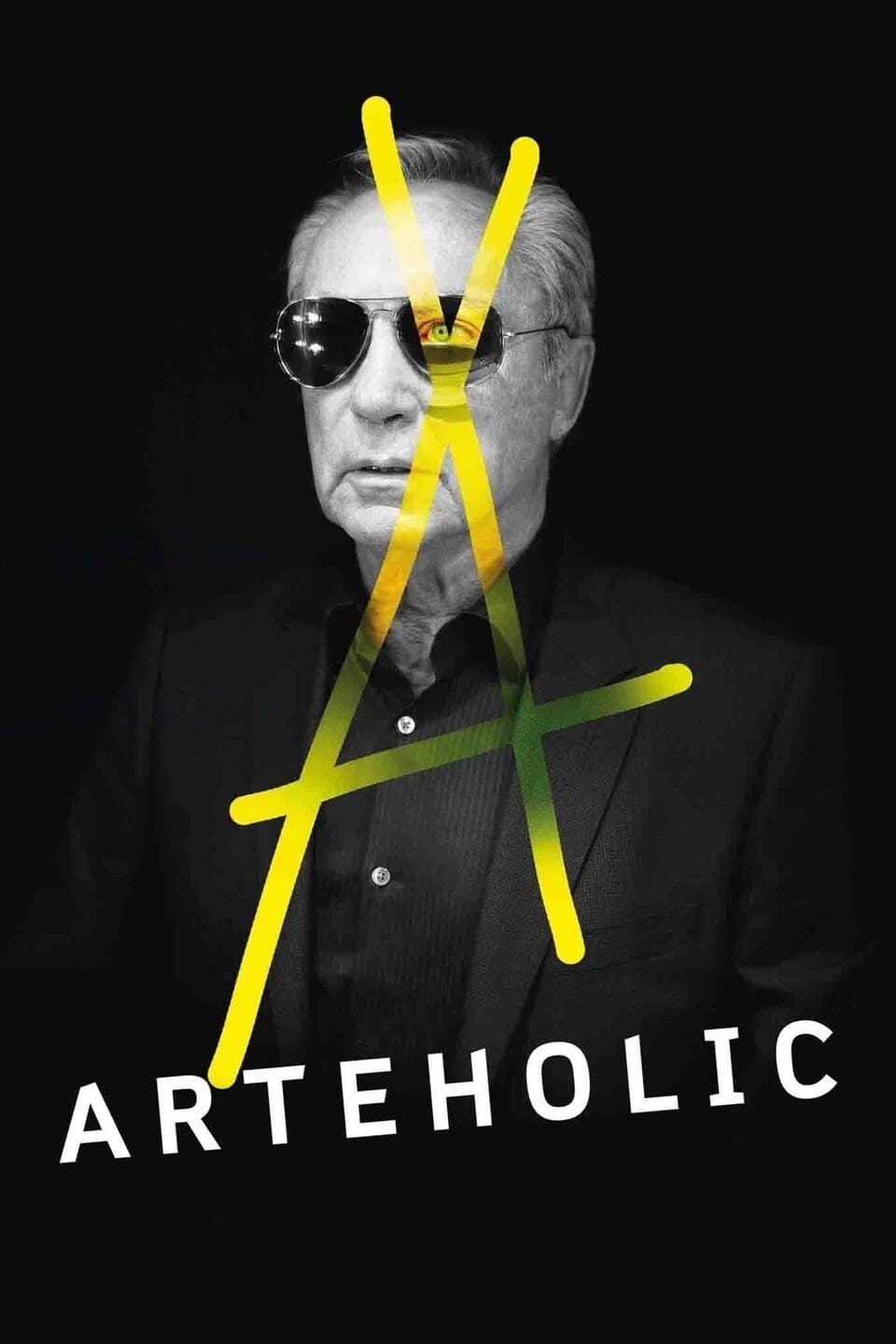
Palm Springs resident and film and art legend Udo Kier is "arteholic". He lives, breathes and makes art and at times he is even a living art piece. In this playful docu-fiction, we follow Udo on a road trip through famous museums in Frankfurt, Cologne, Paris, Copenhagen and Berlin, and eavesdrop as he chats with artists including Marcel Odenbach, Rosemarie Trockel, Jonathan Meese and Tobias Rehberger and filmmakers such as Nicolette Krebitz and Lars von Trier.
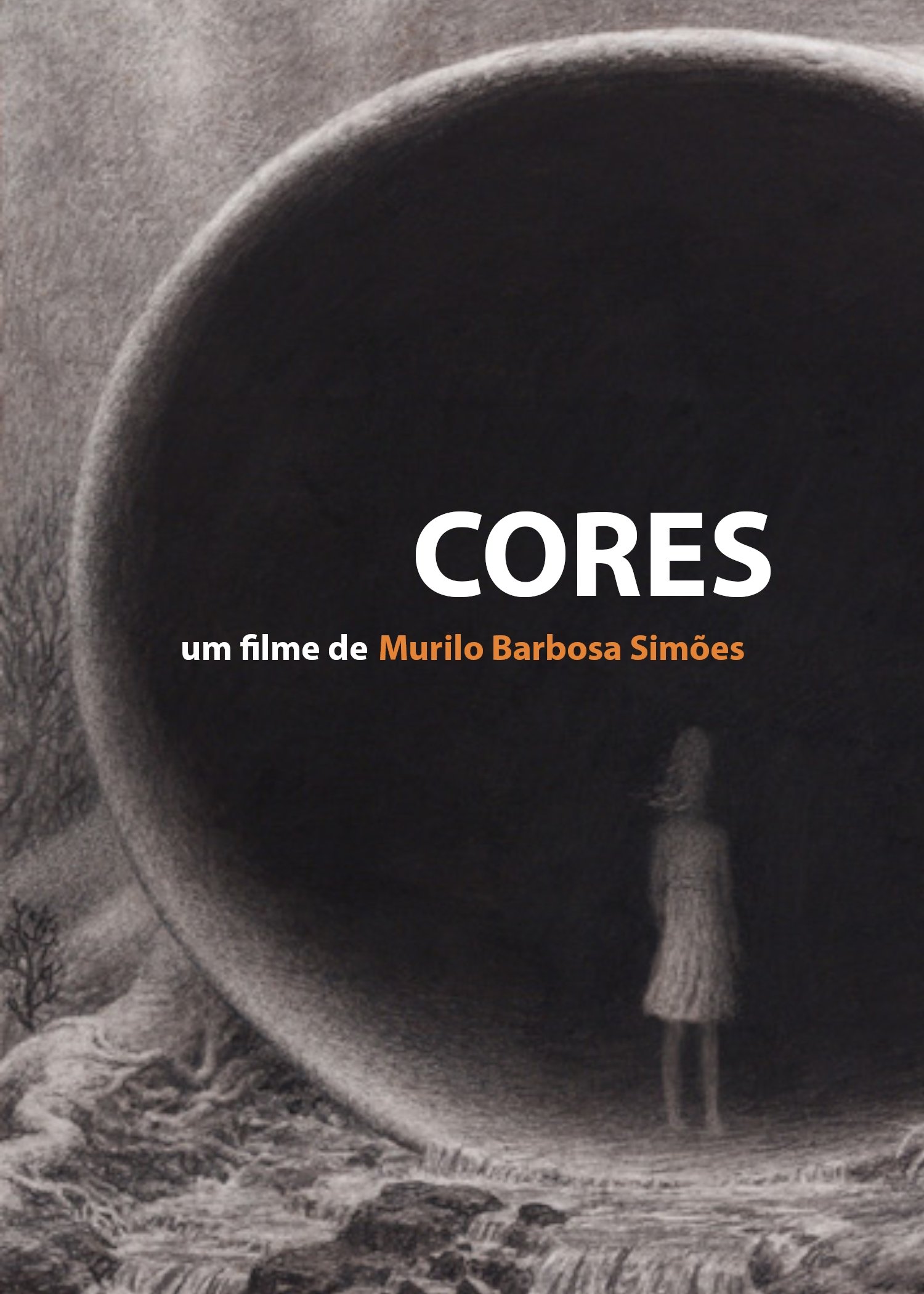
The most suffocating is the awareness that nothing is happening. All the veins are drying without the blood running through them. I came to Barão Geraldo because things happen here. Here people love as much as dolls hang themselves and chicken are slaughtered to death. Would I still hang dolls and burn memories in the next 18 years? It astonishes me how less and less I do not care for things that are not my extension. Being my own destruction is the only way. Intimacy is a farewell. All I see is a lot water and all the colors are not enough. All forms of comunication are not enough for a lot of water.
Lars von Trier (born Lars Trier; 30 April 1956) is a Danish film director and screenwriter. He is closely associated with the Dogme 95 collective, although his own films have taken a variety of different approaches. He is known for his female-centric parables and his exploration of controversial subject matter. Von Trier began making his own films at the age of 11 after receiving a Super-8 camera as a gift, and his first publicly released film was an experimental short called The Orchid Gardener, in 1977. His first feature film came seven years later, The Element of Crime, in 1984. As of 2010, he has directed a further 10 feature films, 5 short films and 4 television productions. He has been married twice and is currently married to Bente Frøge. Von Trier suffers periodically from depression, as well as various fears and phobias, including an intense fear of flying. As he himself once put it, "Basically, I'm afraid of everything in life, except filmmaking".
By browsing this website, you accept our cookies policy.